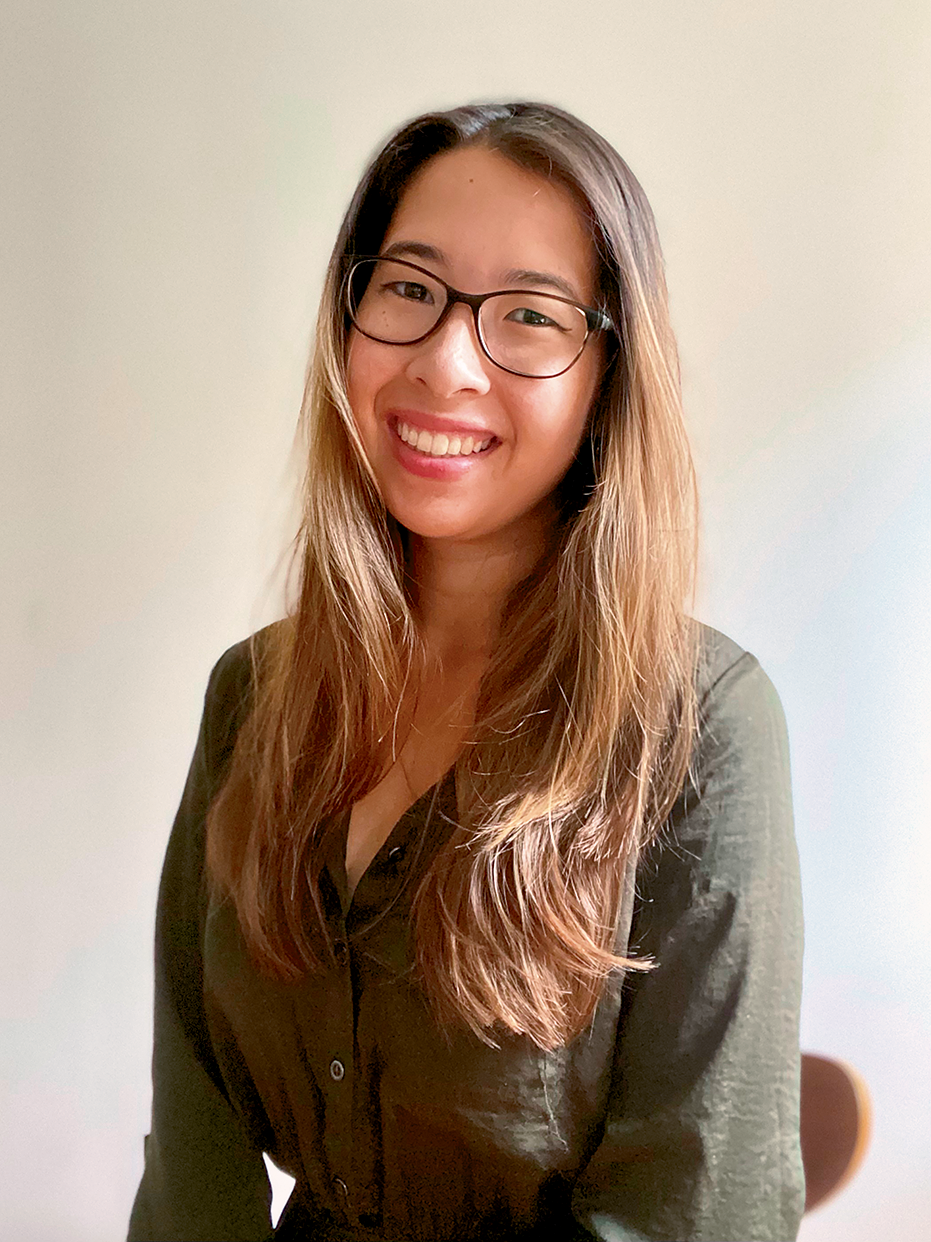To submit a question for the next featured agent, e-mail agentadvice@pw.org or write to Editor, Poets & Writers Magazine, 90 Broad Street, Suite 2100, New York, NY 10004. Questions accepted for publication may be edited for clarity and length.
Areas of interest: Adult literary/upmarket fiction and narrative nonfiction, with an emphasis on narratives by and about people of color as well as the perspectives of marginalized identities; magical realism, memoir, cultural criticism, and Asian American history
Representative clients: Chris Belcher, Kate Broad, Delia Cai, Duy Doan
Looking for: A query letter and the first five to ten pages of the manuscript or proposal, pasted into the body of the e-mail
Preferred contact: E-mail jwb@goldinlit.com; please only send queries via e-mail
Agency contact:
Frances Goldin Literary Agency
214 West Twenty-Ninth Street, Suite 1006
New York, NY 10001
jwb@goldinlit.com
I wrote a book with a coauthor that would be a debut for us both. Since the project belongs to both of us, is it possible to submit as a pair to one agent, or would we each need our own agent
McKenzie from Salt Lake City, Utah
You can submit together to one agent, as a joint project. The agent will likely give you, or ask you to put together, a written collaboration agreement. This is a document that outlines the basic terms of your partnership: how you would split the advance and any royalties, whether one or both of you will hold copyright to the work, what you’ll do if someone pulls out, etc. You should talk over the major points of your collaboration with your coauthor to make sure you’re in agreement about how to move forward with your joint work.
I have been told that memoirs are difficult to sell unless the author is famous. Should I change “I” to “she” and try to sell it as fiction?
Carol from Centennial, Colorado
While having a platform can be helpful for anyone writing nonfiction, it’s not necessary to be famous to sell a memoir. Additionally, changing memoir to fiction would require a larger structural overhaul than changing the pronouns you use, so I wouldn’t recommend it. Instead think about the why in your memoir: Why should this particular story be read by a larger trade audience? Who will it appeal to, and what larger relevance will it have beyond your own perspective? Everyone’s life is interesting to them—the trick is to make your story both compelling and able to provide a more expansive framework, one that will resonate with people who don’t know you.
I published my first novel with a small specialty publisher. The publisher more or less went out of business, at least for a while, so I asked them to release the novel to me so that I could try to get a wider market for it. They did so, and I submitted it to a literary agent. The agent told me that he does not represent previously published works. Is this a common attitude among agents, and what is the logic behind it?
Duncan from Oakland, California
Yes, most agents will not consider previously published work. The reason is that published books, by definition, have been put on the market already and made available to the general readership. So unless that book has done phenomenally well, it’s very hard for an agent to make a case to a publisher—who will be looking primarily at the book’s sales record—that the book would sell any better when it is (re)published into that same market.
How do you become a literary agent? What type of education and networking is required?
Nick from Bellevue, Nebraska
Literary agenting, like most paths in publishing, is an apprenticeship business—it relies more on learning from senior publishing professionals than on any particular type of degree. The first step is to intern at agencies and/or publishing houses; this gives you familiarity with the business, a sense of agents’ day-to-day work, and experience developing your editorial abilities. Then at the entry level, you would be an agency assistant, helping with administrative and editorial work for a more senior agent. After some time and experience, you’d be given the green light to start agenting and could acquire your own clients and sell their projects to publishers.










